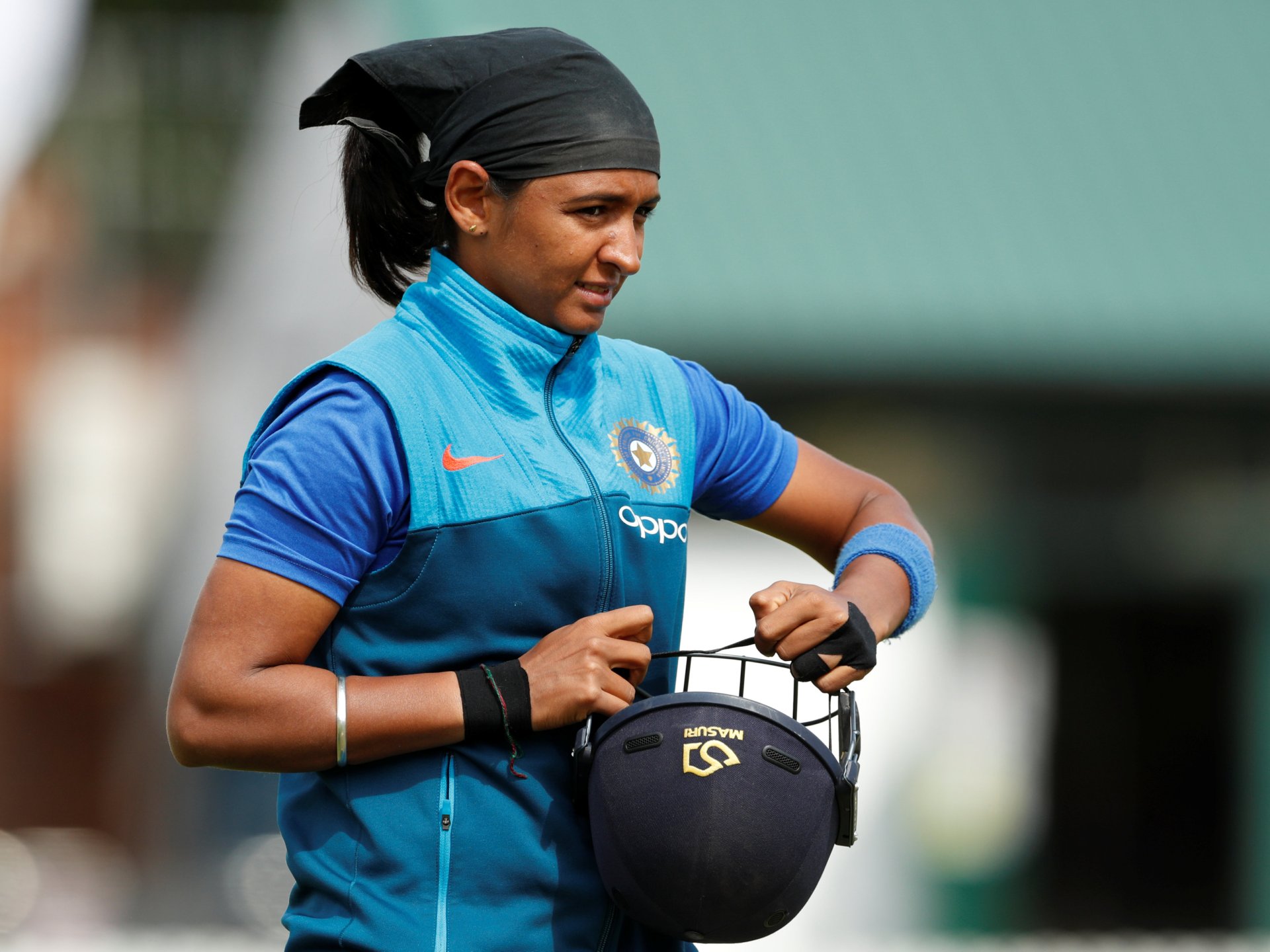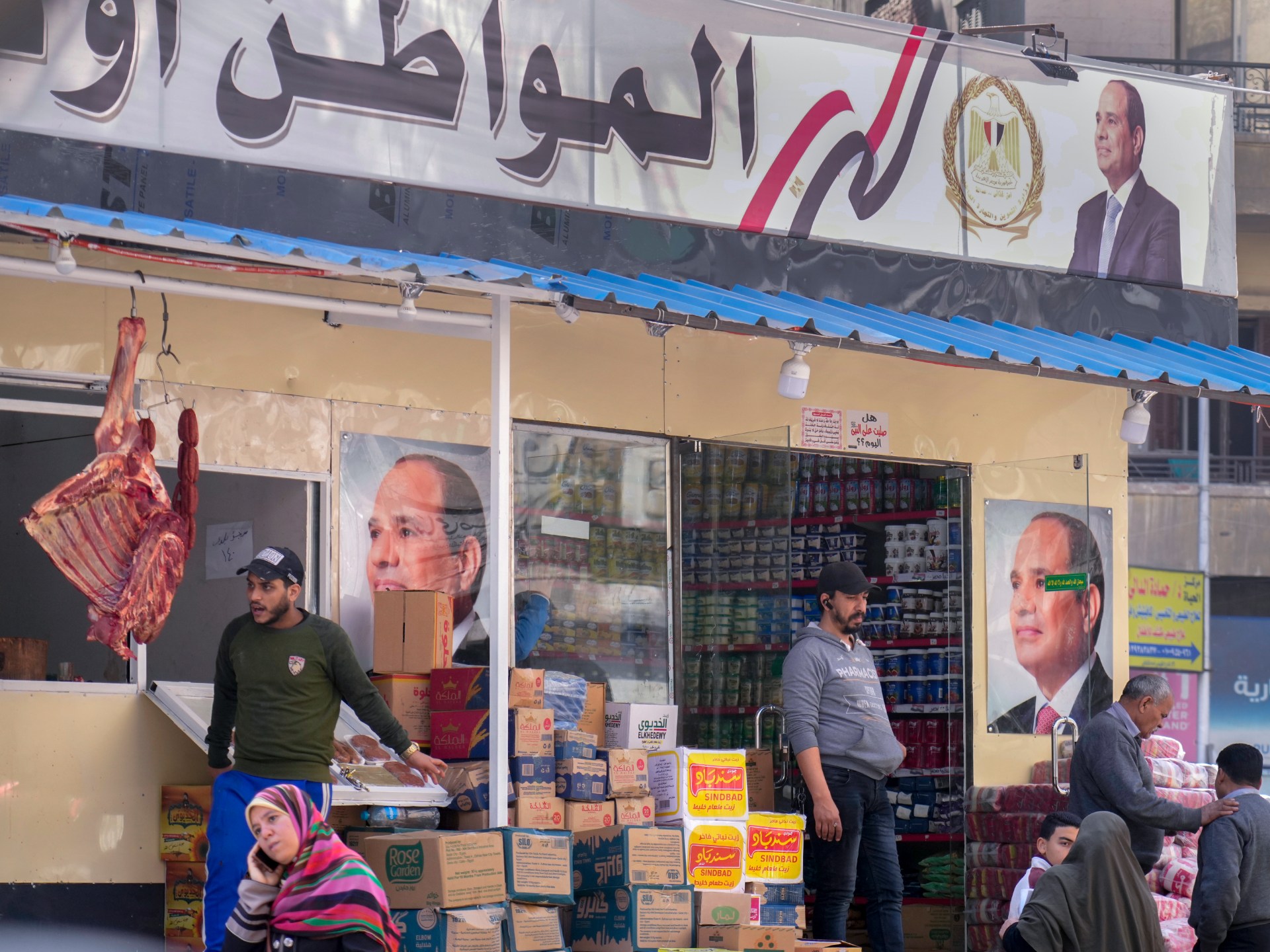
Amirabdullahian said he discussed a regional dialogue forum proposed by the United Nations, in addition to trade and investment prospects.
Tehran, Iran — Iran promoted a regional dialogue and cooperation forum during Foreign Minister Hossein Amirabdullahian’s four-nation tour as he met with top officials from neighboring Arab countries.
Amir Abdullahiyan visited Qatar, Oman, Kuwait and the United Arab Emirates (UAE) from June 19 to late Thursday.
Iran’s top diplomat welcomed UN Secretary-General Antonio Guterres’ proposal to convene an eight-nation regional forum in New York in September.
The forum will include Iran, Iraq, Saudi Arabia, the United Arab Emirates, Qatar, Oman, Kuwait and Bahrain, and is expected to continue its work beyond the UN General Assembly, Amirabdullahian suggested.
“We agreed with the top officials of the four countries and my counterparts to take the Secretary-General’s initiative as a good sign and to take more effective measures to pursue initiatives within this new framework.”
Still under tough US sanctions since 2018 after Washington unilaterally withdrew from Iran’s 2015 nuclear deal with world powers, Tehran has been pursuing a policy of improving relations, particularly economic ties, across the region.
In Doha, Amir Abdullahian met with Emir Sheikh Tamim bin Hamad Al Thani and Foreign Minister Sheikh Mohammed bin Abdulrahman bin Jassim Al Thani, while he met with Mohammad Abdulsalam, chief negotiator of the Iran-backed Houthi movement in Yemen, in Muscat. the embassy
A ceasefire and engagement with the Saudi-backed Yemeni government follows a China-brokered deal between Tehran and Riyadh in March that saw the two regional heavyweights restore diplomatic ties after seven years.
Trade and investment were a key focus of Amir Abdullahian’s meeting with Saudi Foreign Minister Prince Faisal bin Farhan Al Saud in Tehran last week as a way to strengthen bilateral ties and security across the region, as the longtime rivals seek to end the diplomatic rift.
Amir Abdullahiyan held talks with his Omani counterpart Sayyid Badr Albusaidi and Minister of the Royal Office Sultan bin Mohammed Al Nuamani.
In Kuwait, he met Sheikh Nawaf Al Ahmad Al Sabah, who formed a cabinet after being reinstated as prime minister earlier this week.
At the end of his visit, Amir Abdullahian visited Abu Dhabi and met with his counterpart Abdullah bin Zayed Al Nahyan and President Sheikh Mohammed bin Zayed Al Nahyan, also known as MBZ.
Amir Abdullahian invited the president, who is the ruler of Abu Dhabi, to visit Tehran. MBZ has reportedly invited Iranian President Ibrahim Raisi to his country.
UAE Foreign Minister Sheikh Abdullah escorted the Iranian diplomat in his private car, footage of which was widely shared by Iranian media who called it a “friendly and intimate” gesture.

At each stop, Amirabdullahian mostly emphasized dialogue-building as well as improving bilateral economic and trade ties.
The regional visit also came as Iran and the US continue indirect talks, long brokered by Oman and Qatar, in an effort to contain tensions amid fading hopes of a full restoration of the Joint Comprehensive Plan of Action (JCPOA). , as the nuclear deal is formally known.
Tehran and Washington have refrained from commenting on the details, but reports indicate they may come to an understanding rather than a major signed deal.
Iran maintains that its nuclear pursuits are peaceful and may include a measure to further its nuclear progress, in addition to freezing billions of dollars in Iranian funds held abroad to facilitate a prisoner exchange with the United States.
Iran’s chief negotiator, Ali Bagheri Kani, was in Doha this week and met with Enrique Mora, the EU’s senior representative on nuclear talks. Bagheri said the discussions were “serious and constructive”.
Bagheri had earlier announced that he would join the three European powers in the JCPOA in Abu Dhabi, along with his counterparts from France, Germany and the UK, indicating that the UAE was also eyeing a new mediating role between Tehran and the West.
Source link




